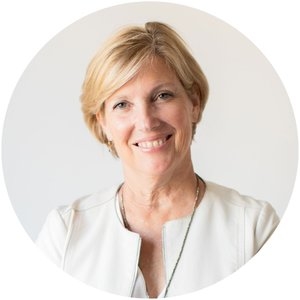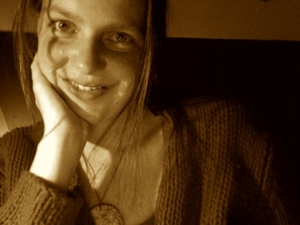Writing as Triathlon
 When I first began writing, I believed the most difficult part would be finishing a full-length manuscript, so I only thought it was important to take classes relating to story craft. It was a rude awakening to realize there was so much more I needed to know if anyone was ever going to be able to buy my book and read it.
When I first began writing, I believed the most difficult part would be finishing a full-length manuscript, so I only thought it was important to take classes relating to story craft. It was a rude awakening to realize there was so much more I needed to know if anyone was ever going to be able to buy my book and read it.
In a 2002 NY Times article, Think You Have a Book in You? Think Again, author Joseph Epstein cited a study that revealed “81% of Americans feel they have a book in them.” He goes on to use the rest of his essay to dissuade people from writing and suggests instead, “Keep it inside you where it belongs.”
Apparently, a lot of people do as Epstein suggests and “save the typing, save the trees.” On Reedsy.com, a blog states .01% ever make it to their goal of finishing that book. No doubt that is because a crafting great story is only about 30% of the book problem. Once authors type “The End,” it’s only the beginning of a long process to write query letters, secure an agent, sign a book contract and market the book. Add on to that the frustrating demand from publishers that writers must also build a “platform” on social media to sell their work, and really, it does seem like Epstein might have been right.
At the same time, it has never been easier for authors to bypass the agents who are gatekeepers of the Big Five publishing world and create their own books. The idea of “self-publishing” is not new, dating back to 1439 when the first printing press was invented by a German goldsmith named Johannes Gutenberg. Fast forward to 1979, when computers made desktop publishing accessible and the current print-on-demand technology possible.
In the last forty years, Amazon (KDP Direct) and Ingram (IngramSpark) have dominated and consolidated the POD world, creating a level of sophistication that can make a self-published book indistinguishable from traditionally published titles. But to navigate this part of the publishing universe, aspiring writers must learn how to turn their manuscripts into properly formatted files—a process which can seem daunting.
In truth, it simply takes more of the same persistence required to finish your 65,000-word manuscript. You can learn how to master plot lines and dialogue, as well as how to publish your own great book. Take, for example, the determination of Lisa Genova.
In 2007, she was simply a grad student who had received multiple rejections from traditional publishers. But Genova believed in her manuscript based on the story of her grandmother’s early onset Alzheimer’s, so the aspiring author self-published. After gaining popularity with readers, Simon & Shuster picked up the title and republished it two years later under the title Still Alice. Genova’s book, which had been initially rejected, was on The New York Times Best Seller List for more than 40 weeks, sold in 30 countries, translated into 20 languages, and became an Oscar-winning film. None of that would have happened if Genova had not taken the initiative to publish her own book.
In reality, writing a book is like completing a triathlon—and each of the three stages takes training: writing, publishing and marketing. Don’t wait until your last page to think about how to get your book in the world. Start now, learning to navigate the publishing and book-marketing world.
Maybe even more important than crafting your great characters is learning how your readers will ultimately discover them.
Learn About Self-publishing with Kathy
TUESDAY, OCTOBER 17, 2023: “Paths to Self-Publishing,” 6:00-8:00 p.m., in-person at Charlotte Lit
So, you’ve finished a manuscript and have made the decision to self-publish. Where do you start? Or, maybe you worry that self-publishing means “settling” for an unprofessional product. No matter on which side of that fence you sit, the volume of information and opinions is overwhelming. It can be difficult to know which services to trust and whether self-publishing is right for you. Kathy Izard has published four books three ways, including self-published and “Big Five.” Kathy will walk you through 10 steps to putting your words in the world. From purchasing your own ISBN number to ordering author copies, Kathy can answer all your questions about becoming a published author of adult or children’s books. Info
About Kathy
Kathy Izard is an award-winning author and speaker who writes inspirational nonfiction, including The Hundred Story Home, The Last Ordinary Hour and her upcoming release Trust the Whisper (Summer 2024). Kathy also publishes children’s books including A Good Night for Mr. Coleman and Grace Heard a Whisper (Fall 2023). Kathy has written essays for Katie Couric Media and her work as been featured on the Today Show, inspiring people to be changemakers in their community. Online: kathyizard.com.

